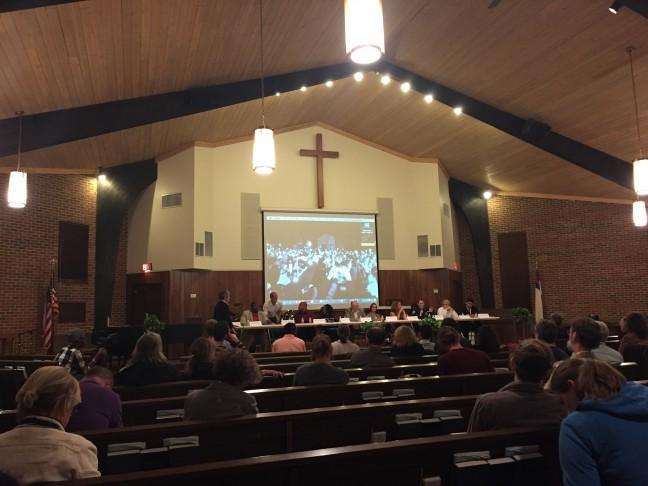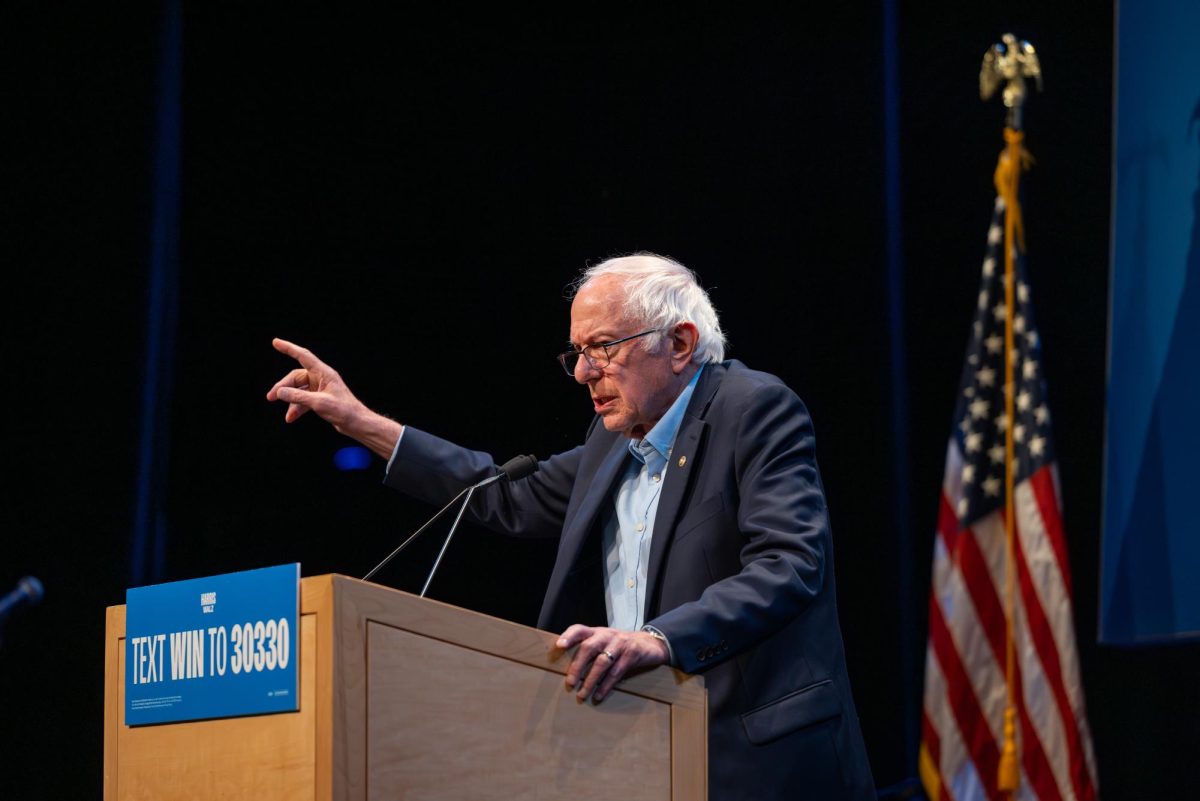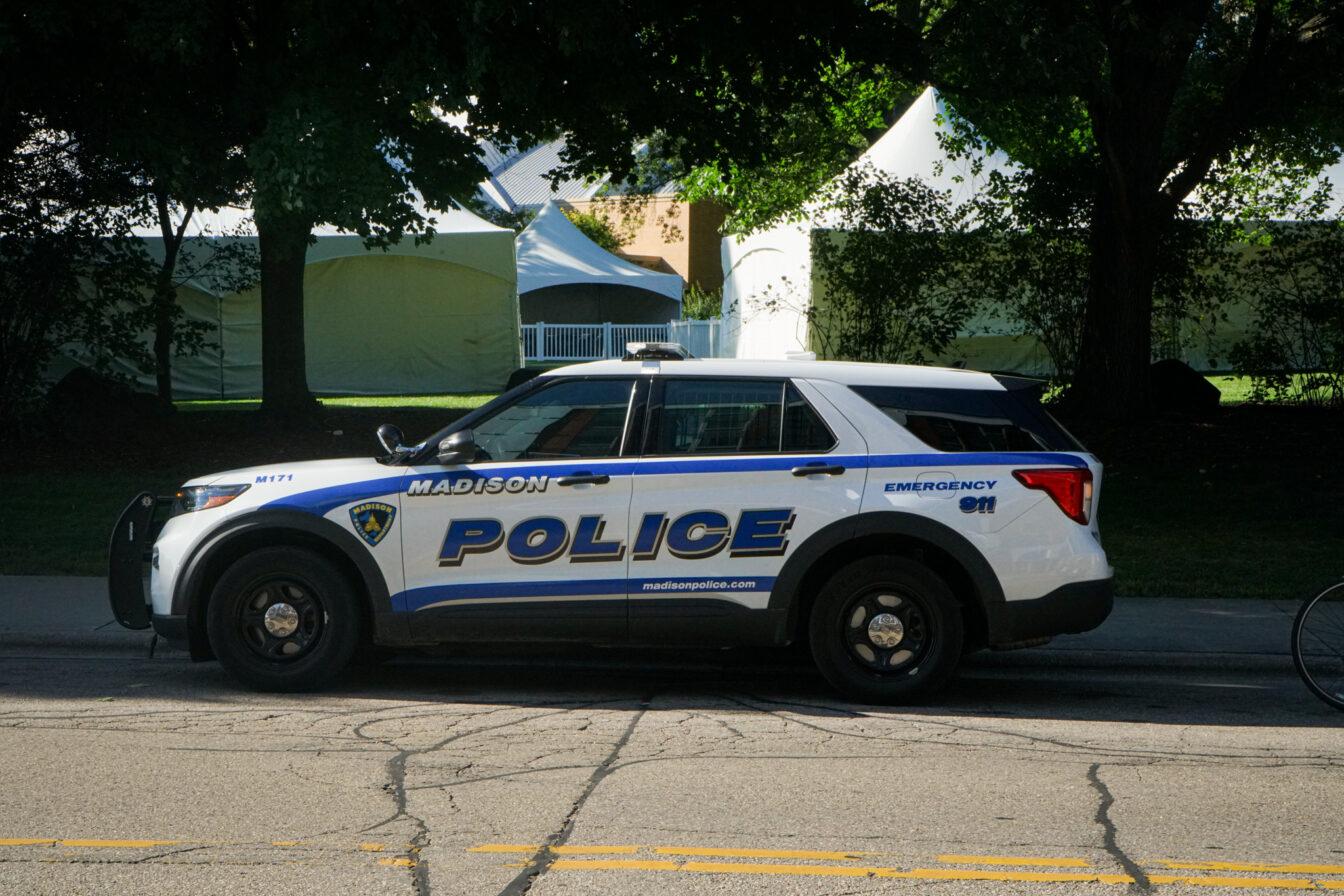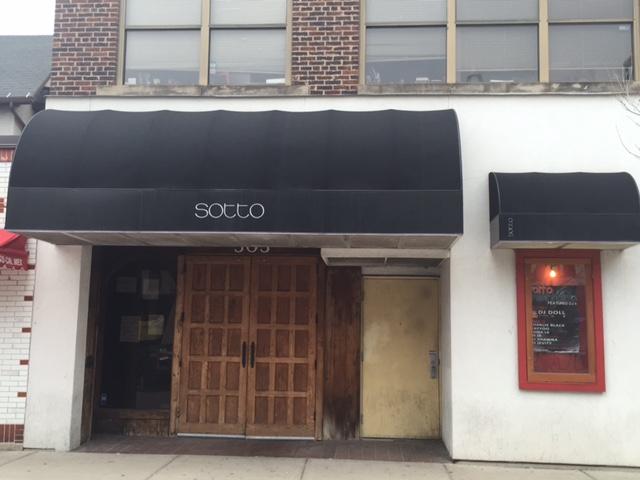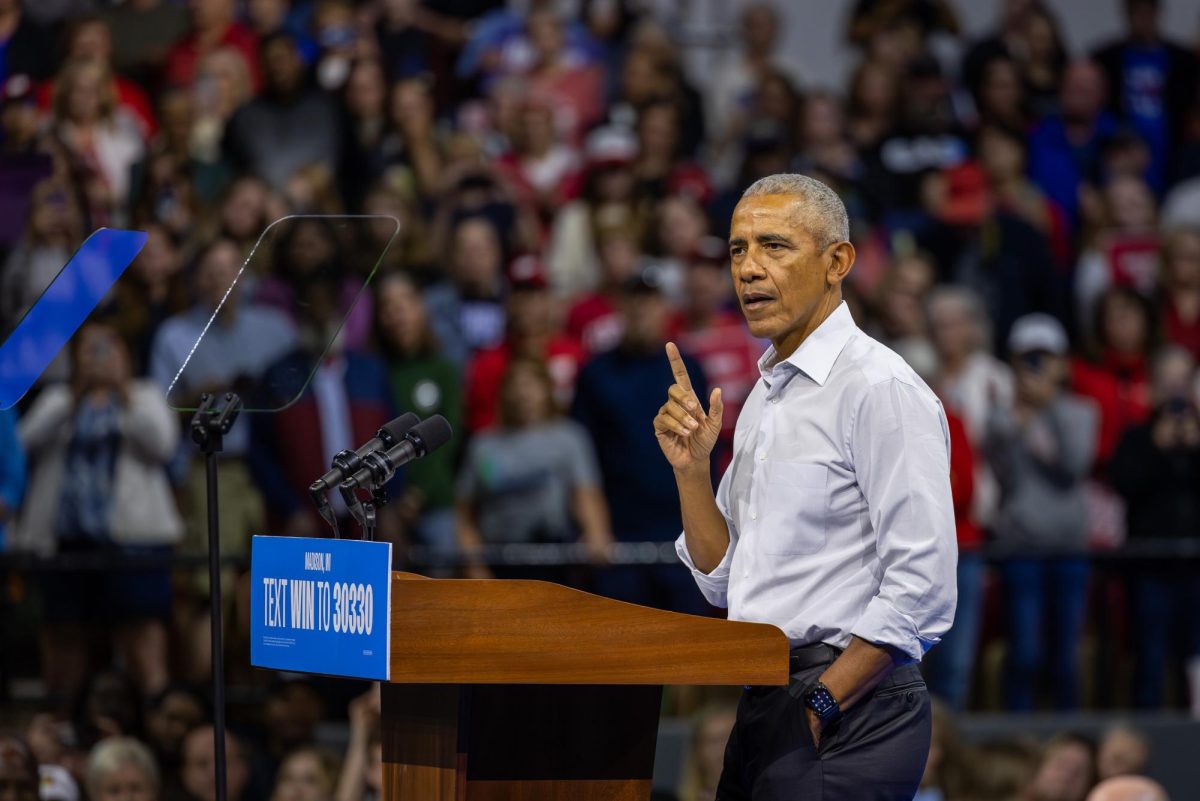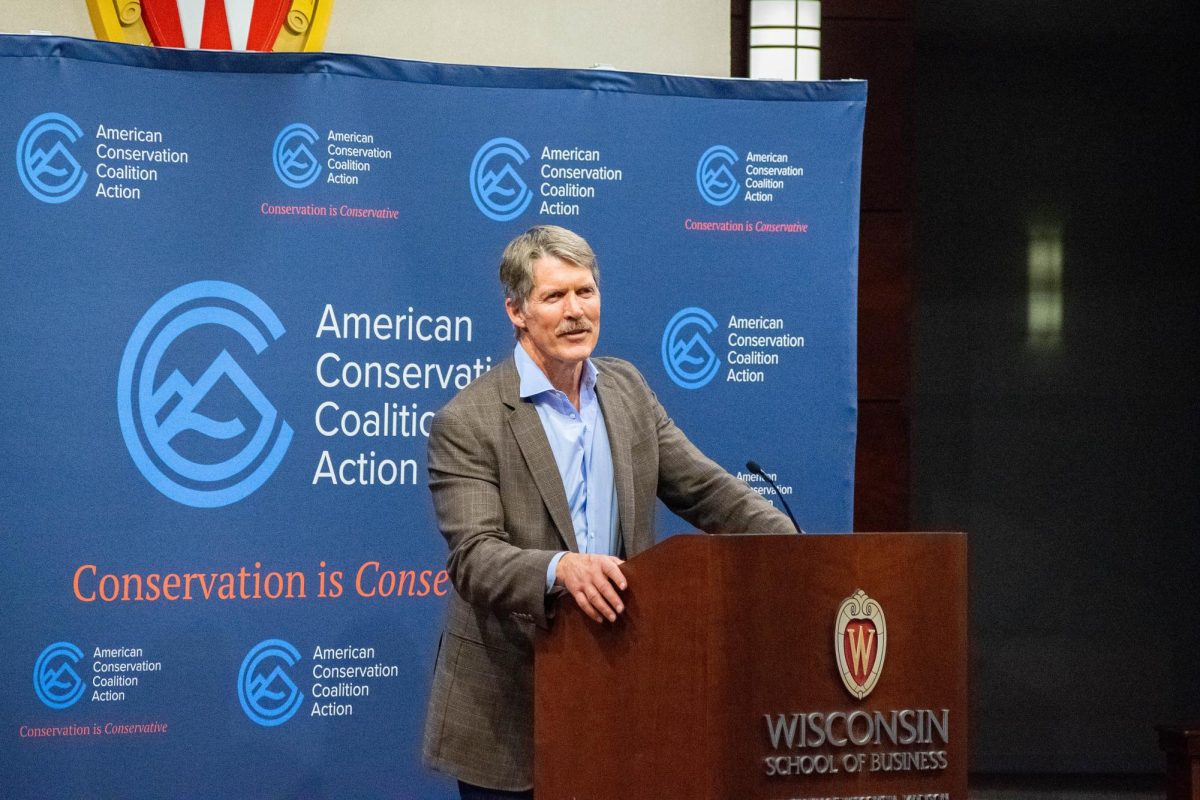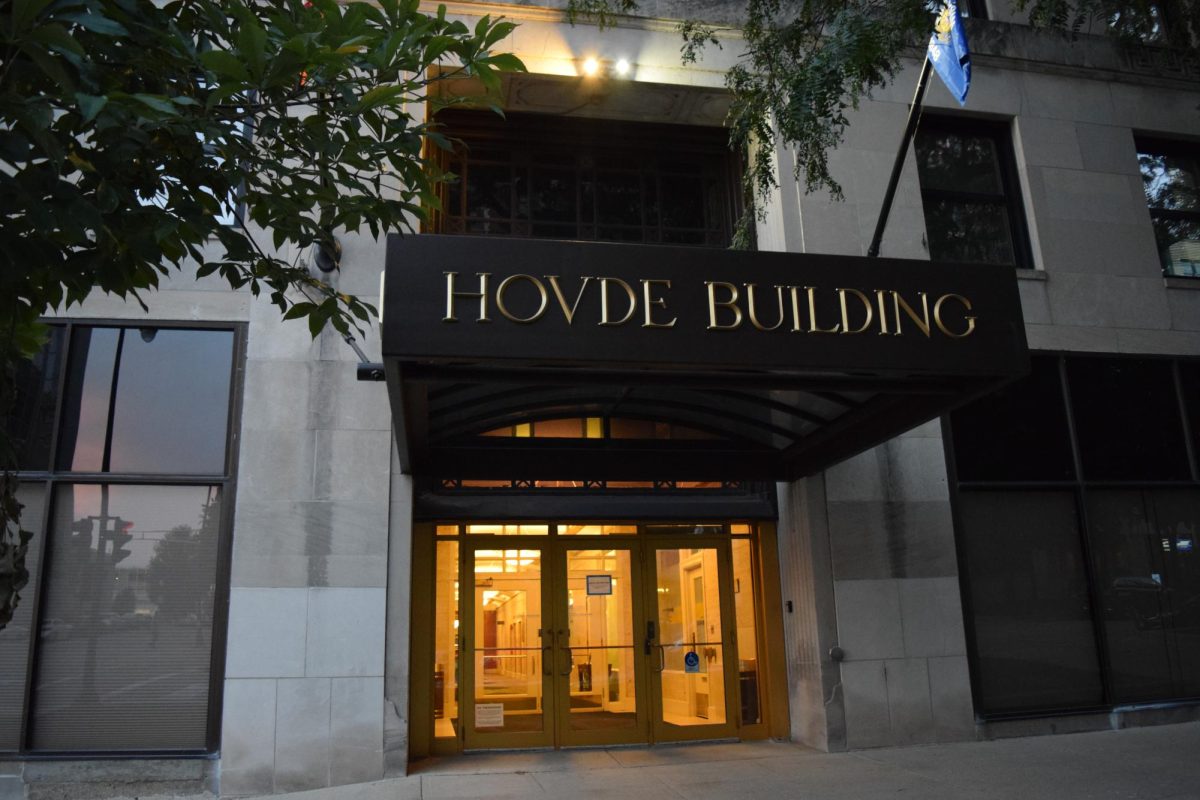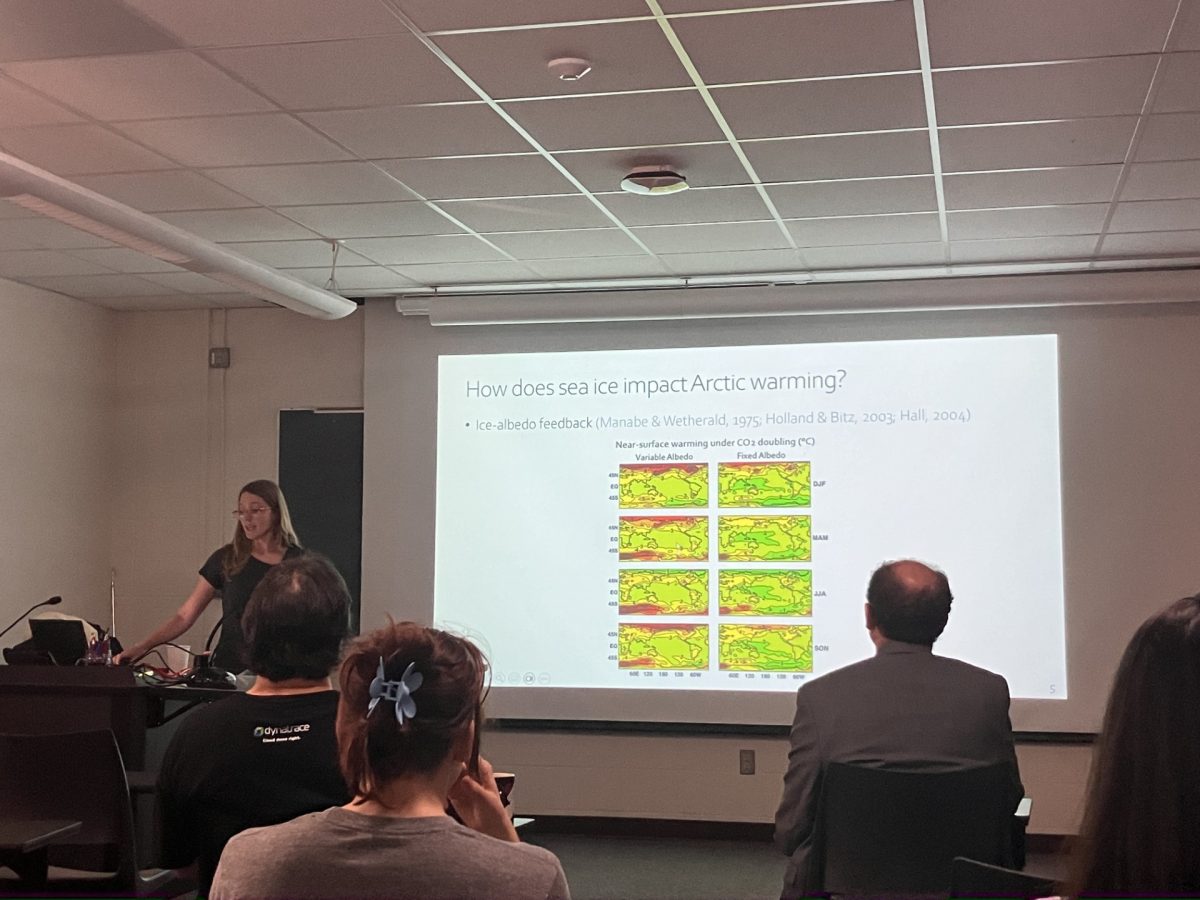Six months after the death of 19-year-old Tony Robinson and increased citywide attention on racial disparities and policing practices, feelings of need for change among the Madison community has not burned out.
Community members and city officials gathered Monday, Sept. 21, at Bethany Church in a heated discussion on issues of equity and police accountability.
Audience members asked questions to the panel which included Dane County District Attorney Ismael Ozanne, Madison Police Department, Young Gifted and Black and Tony Robinson’s mother, Andrea Irwin.
Panelists were grilled on questions ranging from community accountability to police policy when dealing with mental health crises.
Most questions were addressed to MPD Officer Kristen Roman and Ozanne, both of whom struggled to appease the often hostile audience. Eileen Harrington, who facilitated the discussion, often found herself rebuking audience members to maintain a civil tone.
Ozanne took umbrage when Brandi Grayson of YGB insinuated he was beholden to the person in the county with the biggest paycheck during a particularly emotional exclamation. Grayson said those who are paid employees of the city do not have the best interest of the community at heart.
Ozanne, however, said during his tenure as District Attorney he has had nothing but the interest of the community in mind and was dismayed at Grayson’s comment.
Ozanne said he understood the frustration many community members felt, though he may not share it.
“I’m not upset that people are upset,” Ozanne said. “I’m glad that the community is unhappy because it means we have not lost our empathy.”
Several questions directed to Ozanne and Roman dealt with how police and prison guards are kept accountable.
One audience member recalled being harassed by police while incarcerated. Roman deflected the question, while Ozanne responded by saying such a complaint should be reported to the U.S. Attorney as a civil rights issue.
A question on how Irwin had been treated following her son’s death prompted a tearful response in which she described being treated like a criminal and was given no information on her son, but was met with a “wall of silence.”
She said officers would not let her see her son’s body and continually was questioned about things she knew nothing about.
“I still have not been given a reason why we were treated in the manner we were treated,” Irwin said. “We were given no respect.”
Despite a moratorium on questions pertaining to Tony Robinson directed at MPD for the duration of the meeting, audience members often leveled questions at Roman on the teenager’s death.
Tony Robinson’s death: a portrait of a life ended, a life halted, a community united
For such questions, Roman responded by speaking in broader terms about MPD policy, but refrained from discussing Robinson or the officer who shot him.
The dashcam video depicting Tony Robinson’s death was played to highlight the need for police accountability to the community.
Harrington ended the intense discussion after an audience member interrupted Roman before she could respond to any questions.
“I think we’re done — I think civil discourse has ended,” Harrington said.


